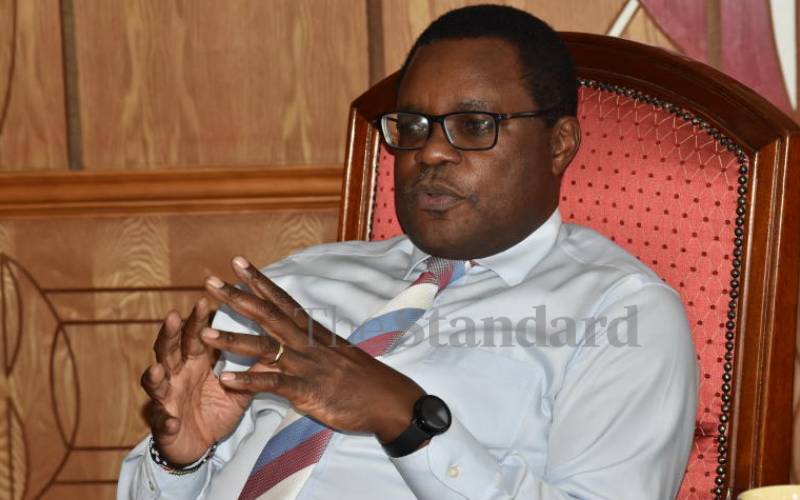×
The Standard e-Paper
Stay Informed, Even Offline

Senate speaker Ken Lusaka. February 23, 2021. [Samson Wire, Standard]
Politically speaking, he’s a young man. Yet, he has transcended the governments of Daniel arap Moi, Mwai Kibaki and Uhuru Kenyatta. Caleb Atemi brings you the story of Senate Speaker Ken Lusaka, a village drunk who became a thespian and the first governor of Bungoma.